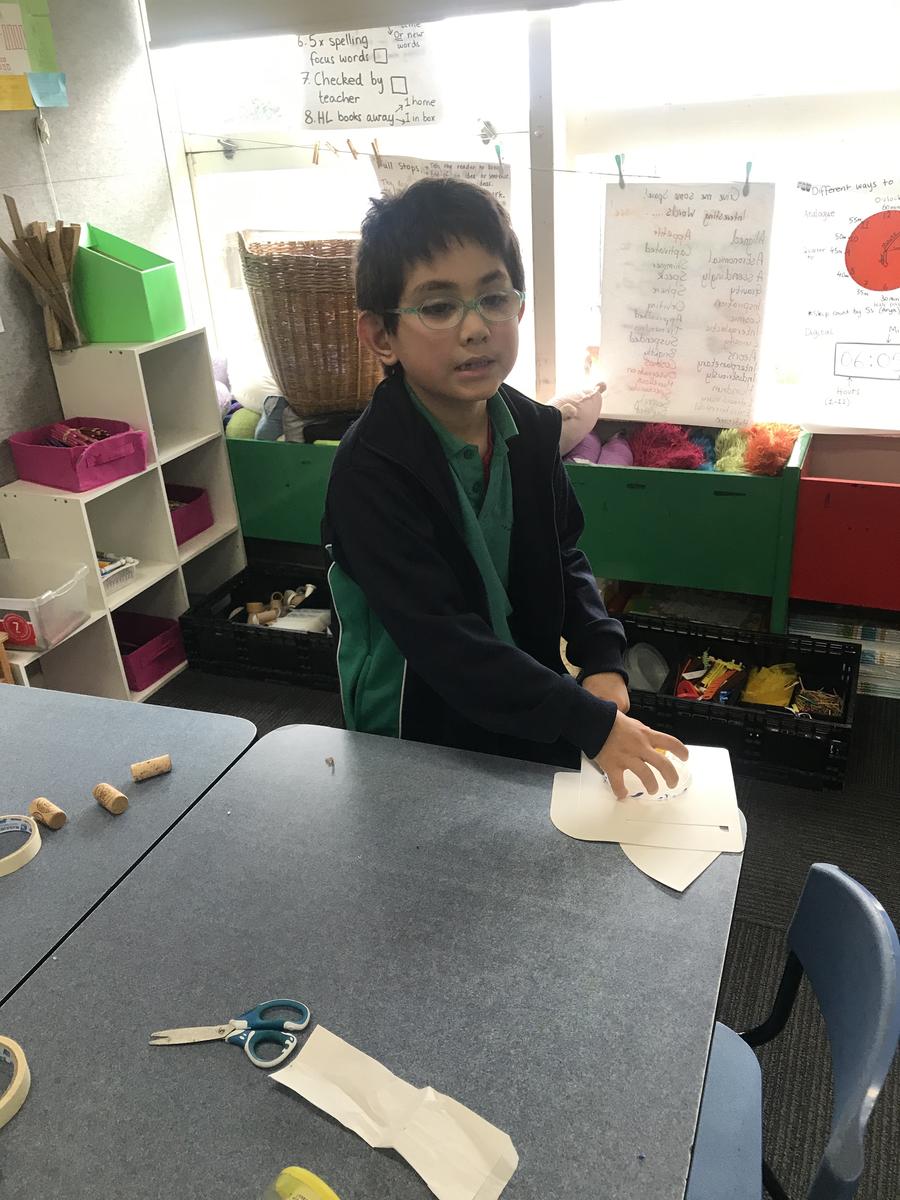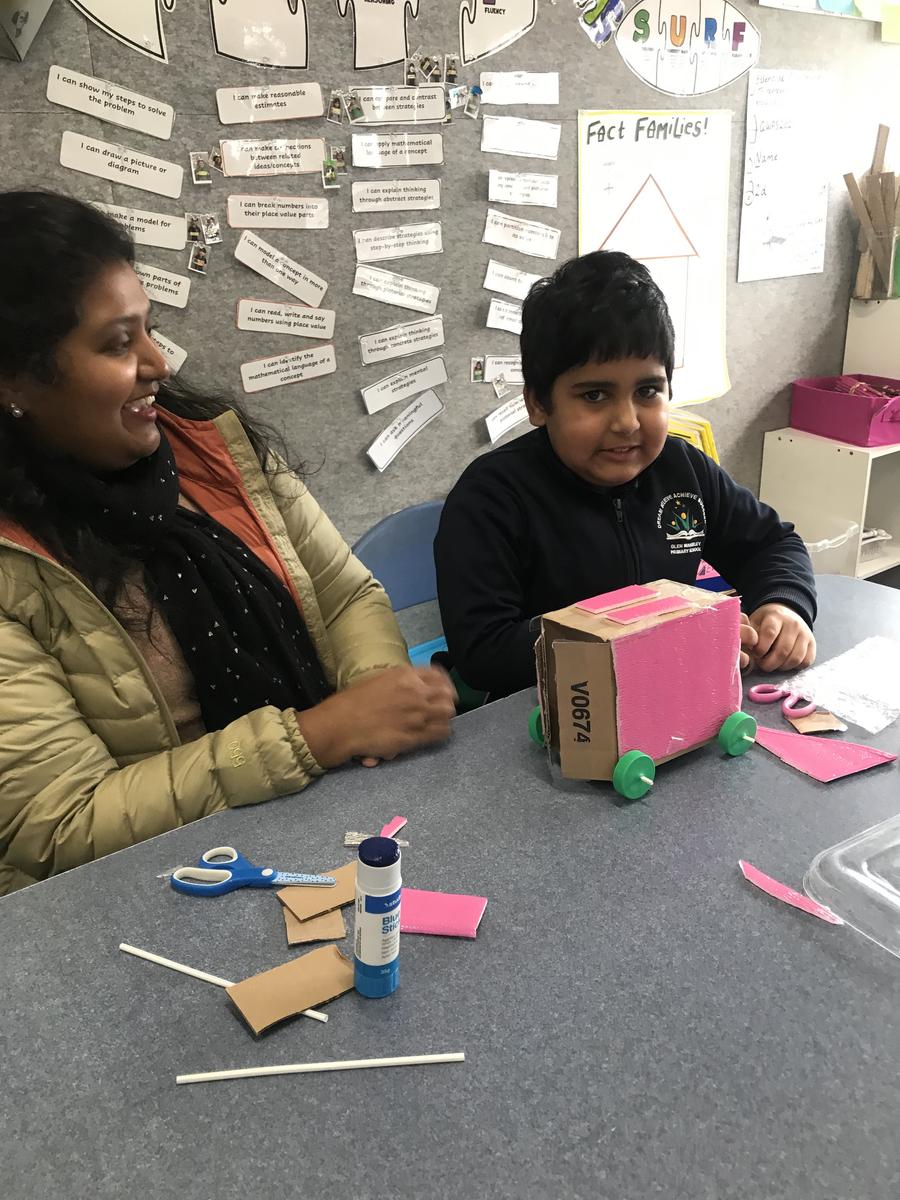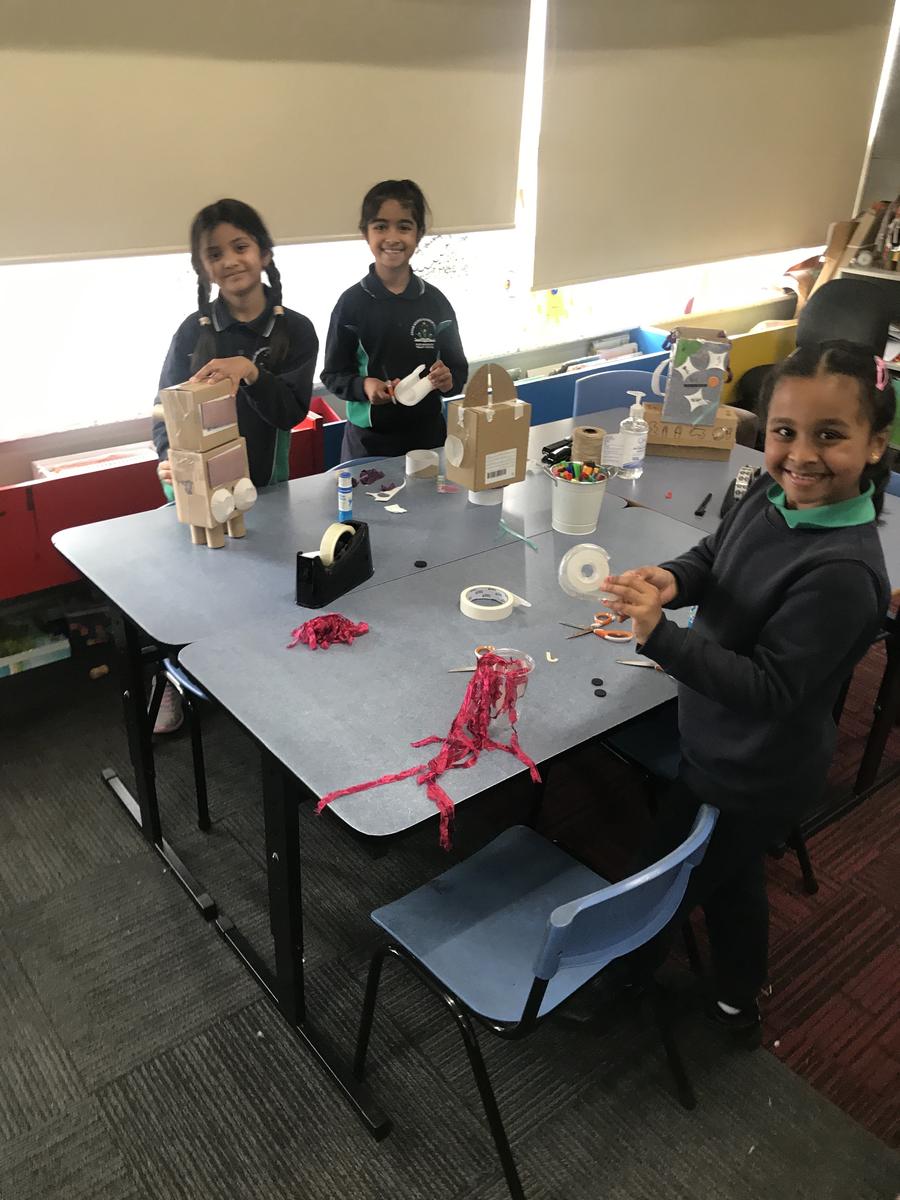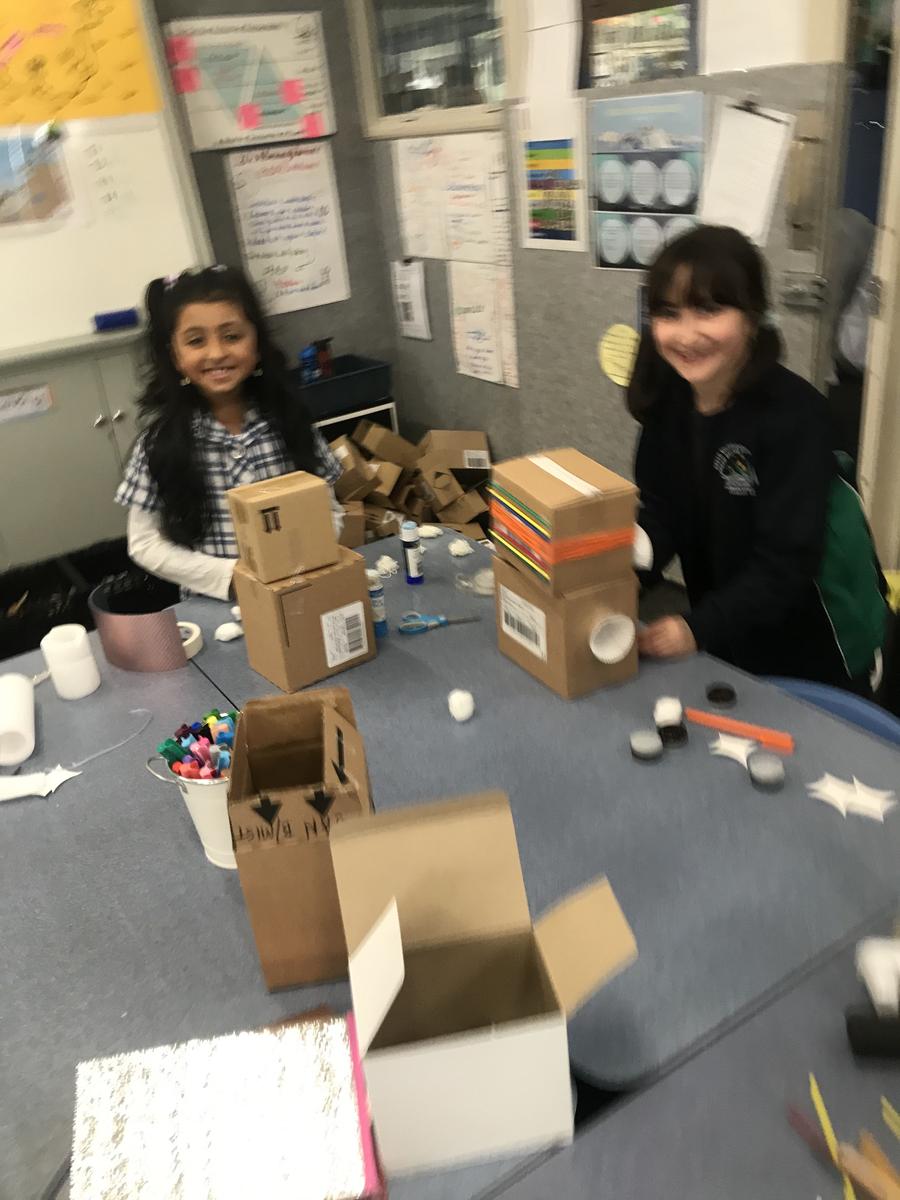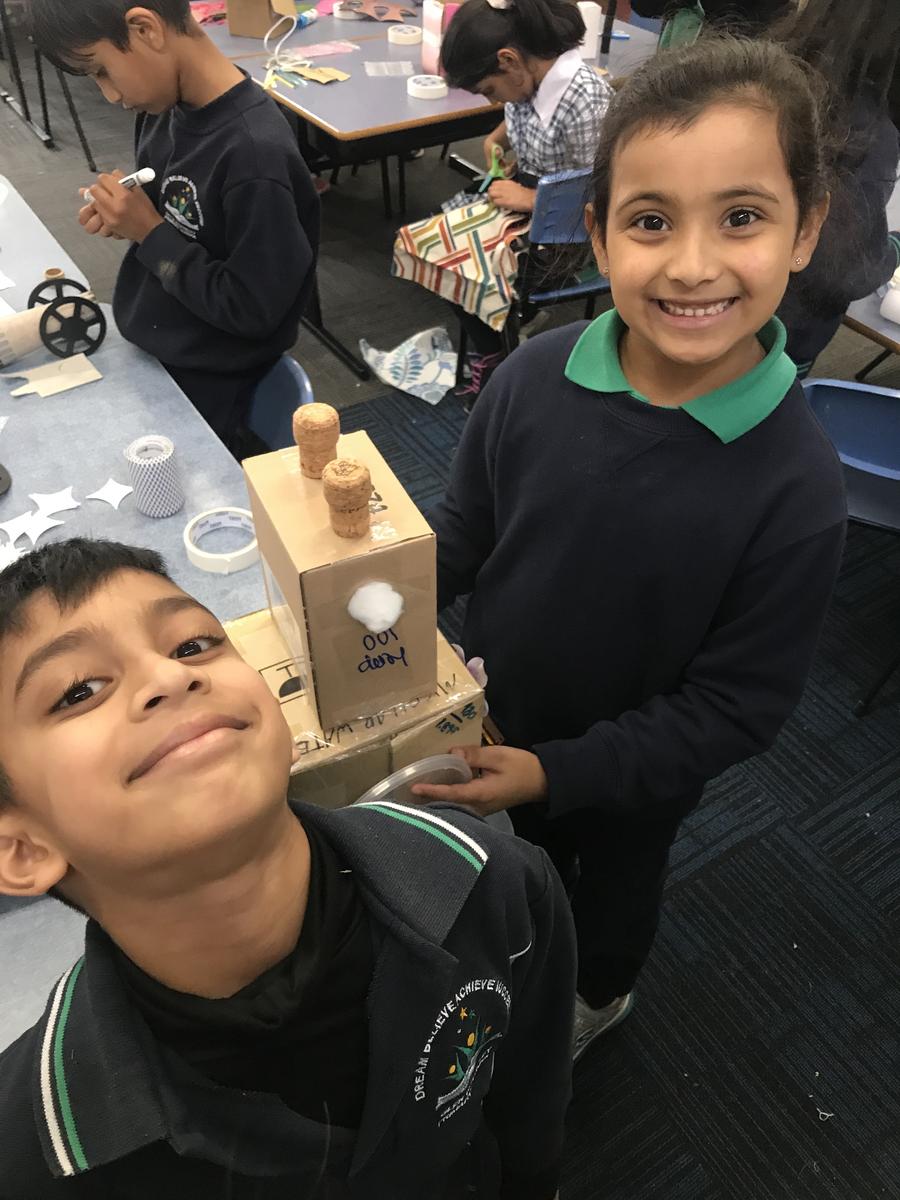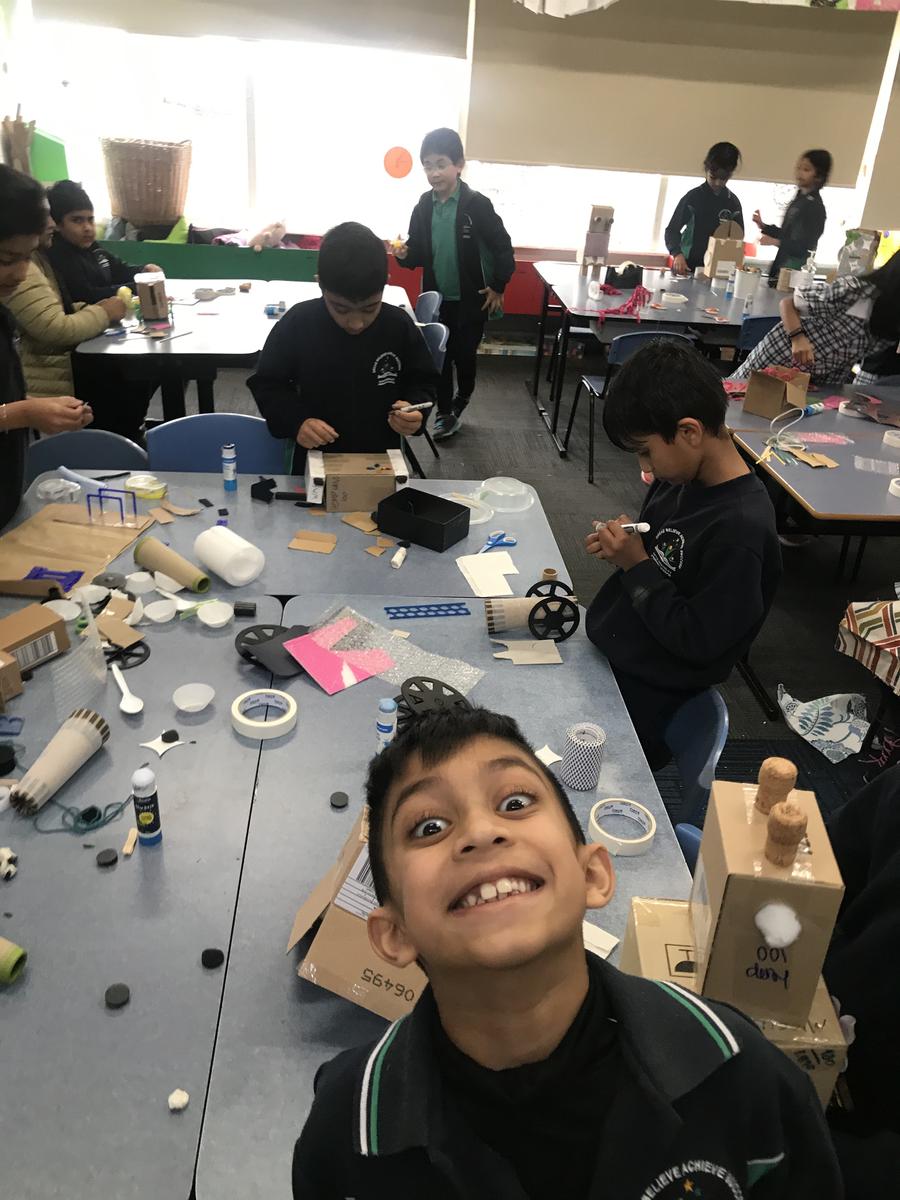Level 2 - Term 3
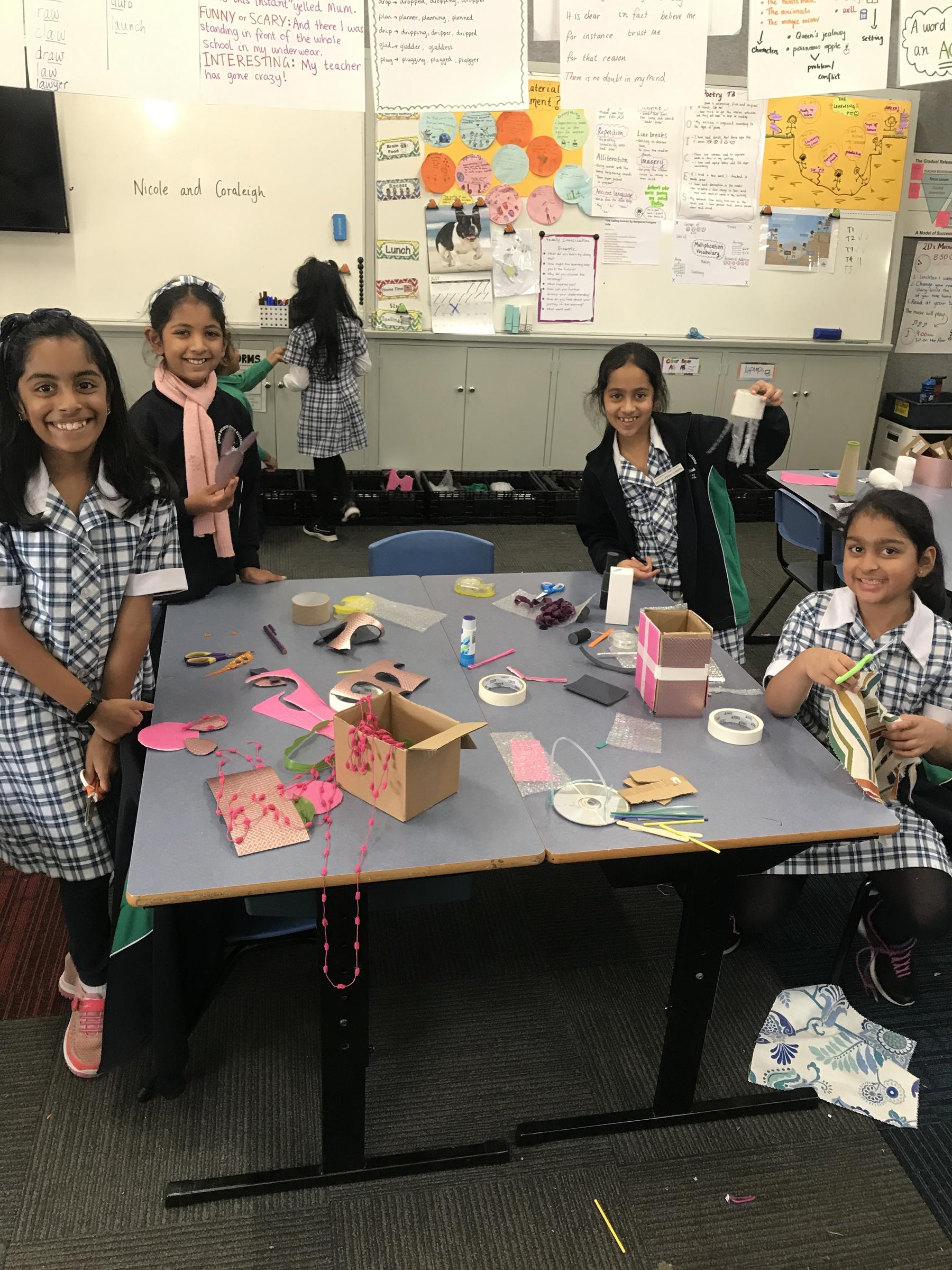
Dear Parents and Guardians,
Welcome to another exciting term of learning and celebration in Level Two.
During Term Three, the Level Two students will engage in explicit learning experiences improving on their knowledge and understanding in the areas of Reading, Writing, Speaking and Listening, Mathematics, You Can Do It, Inquiry and Personal and Social development and growth. The Level Two team have created learning experiences that support the students’ learning to extend and challenge their current abilities in all areas of the curriculum. This term the students have participated in the Urban Upcycle incursion to strengthen their understanding of how ‘repurposing’ impacts the environment.
The school foci ‘Appreciate Togetherness’, ‘Curiosity through Challenge’ and ‘Explore New Possibilities’ are integrated throughout the students’ learning journey.
Please take a moment to see what we have planned for this stimulating term of learning and development.
Term Three Key Dates:
- July 15th - Level 2 Urban Upcycle Incursion
- Aug 5th - Production Filming Day
- Aug 19th - ICAS: English (Thursday)
- Aug 25th - ICAS: Spelling Bee (Wednesday)
- Aug 26th - ICAS: Science (Thursday)
- Sept 2nd - ICAS: Mathematics (Thursday) and Father’s Day Stall (Thursday)
- Sept 3rd - Father’s Day Stall (Friday)
- Sept 5th - Father’s Day (Sunday)
- Sept 17th - Term Three Ends (Friday early pick up at 2:30pm)
Kind regards,
The Level Two Team
Mathematics
In Mathematics, the students will deepen their understanding of Number and Algebra through multiplication. They will consolidate skills such as groups of, repeated addition and vertical multiplication. We will also learn about Division as learners will be explore strategies such as short and long division and explore the connection between division and multiplication.
We will also focus on Measurement and Geometry, as students will use informal and formal units and measuring tools to calculate the length, perimeter and area of various shapes.
To support your child’s learning at home, you could:
- Encourage your child to explain his/her thinking and strategies when solving a math's problem. For example, you may ask “How did you know 3 x 9 = 27? What strategy did you use? How can you prove that it’s correct?”
- Ask your children to provide reasoning through concrete materials or pictorial representation.
- Encourage your child to estimate the length of an object at home, then after making the estimation ask them to measure the length as this will assist them in understanding metric units and improve their spatial awareness.
Reading
In Reading, the Level Two students will continue to utilise the CAFE approach to further their Comprehension, Accuracy, Fluency and Vocabulary in reading, in alignment with the Victorian curriculum. In order to connect to and build on their skills in Writing, reading and analysis of poetry and information reports will be a focus. Students will select personalised reading goals, regularly receiving feedback and feedforward on their progress from peers, teachers and themselves.
To support your child’s learning at home, you could:
- Ensure your child reads aloud to you regularly throughout the school week.
- Ask your child what their reading goal is and provide them with feedback as to how they are progressing as you hear them read.
- Pose questions to your child as they read to support their comprehension of texts. Particularly focus on asking questions that encourage deeper thinking such as ‘Why do you think the author wrote this text?’ or ‘Why did the character act like that?’
In Level Two we follow our school’s Inquiry approach to spelling. Students regularly undertake spelling inquiries into their personal spelling words to understand the meanings and connections more deeply. Spelling foci for Term Three will include specific spelling conventions, such as double letter sounds, and grammatical fundamentals such as syllables and tenses. Students will continue to select personalised spelling words from their writing. These words will be practised during Home Learning and tested at school weekly.
To support your child’s learning at home you could:
- Build word families based around the weekly spelling focus at home with your child. For example, stir, sir, fir.
- Encourage your child to edit their spelling by reading their writing aloud and asking, ‘Do the words look and sound right?’
Writing
In Writing, students will continue to utilise the VOICES whole school approach. They will continue to build on their skills of integrating Voice, Organisation, Ideas, Conventions, Excellent Word Choice and Sentence Fluency throughout their writing pieces.
Students will focus on the text types of Poetry and Information Reports. They will explore a range of different poetry styles such as Cinquain, Haiku and Limerick. Students will build upon their knowledge of the Information Report structure. This structure will support their writing piece by providing a framework for students to write to, creating clear and concise reports bursting with information.
Speaking and Listening
Speaking and Listening is a vital skill to develop, and it will continue to be integrated across all areas of the curriculum. Through our Poetry unit students will develop their skills in manipulating sound combinations and creating rhythmic sound patterns. Students will build your vocal communication skills through the opportunity to share their thinking and learning with their peers. Through sharing their learning pieces, students are able to further develop their knowledge of tone and volume.
Inquiry
Throughout Term Three, the Level Two students will explore the Inquiry Question ‘How can our community have impact on our identity?’. This unit specifically links to the History and Intercultural Capability curriculum. Students will investigate the impact that their communities have on their identity through family, school, culture and history. Students will unpack the concepts of personal and cultural identity, understand how different cultures have influenced Australia’s identity and analyse how their communities influence their identity.
To assist your child at home, engage in conversations around the following prompts:
- What values are important to your family?
- How do cultural traditions impact your family?
- What being Australian means to you?
YCDI
The Level Two team integrates the You Can Do It Program into weekly teaching and learning. YCDI is adapted to unique needs of each student and will work towards developing and strengthening their social and emotional thinking and self-regulation skills especially during these times. YCDI is a comprehensive framework that incorporates the latest research into developing the social and emotional characteristics of children and explores how social skills can affect outcomes. We will connect elements of YCDI to our Whole School Values of Global Empathy, Integrity, Respect and Initiative and allow students to reflect on how actions affect the wellbeing of themselves and others.

